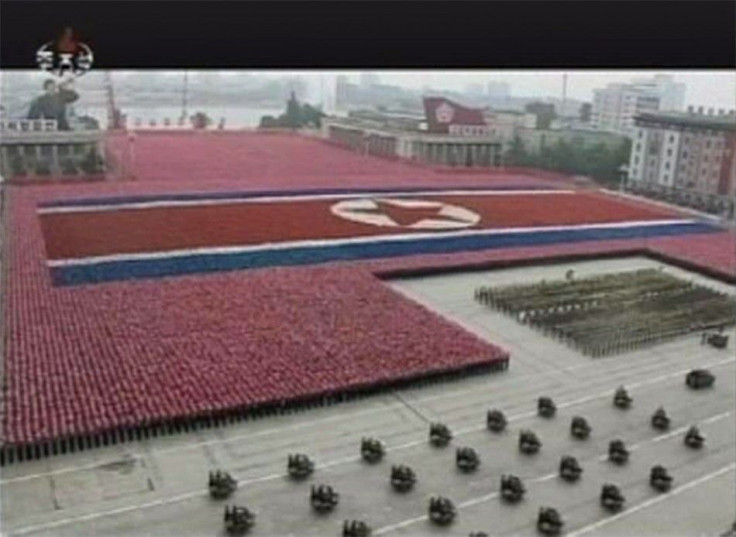U.S. Restates Nuclear Disarmament Demand for North Korea

The U.S. may consider holding further talks to improve relations with North Korea, but only if leaders in Pyongyang will agree to end its nuclear weapons program, the Undersecretary of State for Political Affairs told reporters in South Korea on Tuesday.
Wendy Sherman, the U.S. Undersecretary of State for Political Affairs, told reporters in Seoul that U.S. has made it clear to North Korean leaders that North Korea must commit to nuclear disarmament, as well as improving its abysmal human rights conditions, to re-open dialogue with the U.S.
They have not yet made all of the commitments they need to, including ending their uranium enrichment program and until they [meet] their commitments of the 2005 communiqué, we will have to wait and see what they are going to do in order for there to be a resumption of the six party talks, she said.
The question was posed in reaction to an announcement that Secretary of State Hillary Clinton will soon be dispatched to Burma, the first visit by an American diplomat to the southeastern Asian country in half a century. The move was made after the country's military-backed government took a series of steps to liberalize the oppressive country, including holding talks with the pro-democracy activist Aung San Suu Kyi.
Sherman told reporters Burma has taken several steps toward establishing a political system that warrants a visit by Secretary Clinton, including releasing some political prisoners and loosening strict media controls.
Where North Korea is concerned they still have many steps to take, to see Secretary Clinton come to that country. They could begin by meeting the commitments they have already made, said Sherman, referring to the Hermit Kingdom's 2005 pledge to abandon its nuclear weapons program in exchange for economic assistance and other incentives from nation's participating in the Six-Party Talks -- China, Japan, South Korea and Russia, in addition to the U.S. and North Korea.
The talks occurred after North Korea withdrew from the Nuclear Non-Proliferation Treaty in 2003, an agreement dating from 1970 that aims to limit the spread of nuclear weapons across the planet and only recognizes certain countries as nuclear weapons states.
Since July, South Korea and the U.S. have held two rounds of bilateral talks with North Korea in an attempt to resume nuclear weapons discussions and end a three-year freeze in diplomacy that occurred after the North pulled out of the Six-Party agreement in 2009.
While U.S. negotiator Stephen Bosworth said a meeting between U.S. and North Korean officials held in Geneva last month was positive, the two nations failed to reach an agreement on resuming international negotiations regarding the North's nuclear weapons program.
© Copyright IBTimes 2024. All rights reserved.











